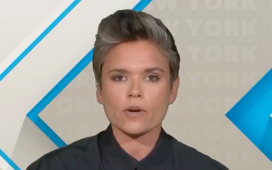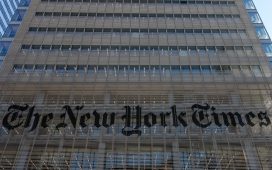Cannes Film Festival president Iris Knobloch has urged the industry not to panic about US threats to impose a 100 per cent tariff on films made abroad, ahead of the opening of the 78th edition of the annual gala.
“At this stage, it’s still too early to gauge any potential impact,” she said. “I hope, however, that the global film industry won’t be paralysed by caution and uncertainty.”
The threat of tariffs — which executives have warned could freeze overseas production — comes on top of other external pressures on filmmakers, she told the Financial Times.
“The industry remains fragile after the shocks of Covid-19, labour strikes, and the recent Los Angeles wildfires. Yet the film sector has always shown remarkable resilience and adaptability in the face of changing circumstances.”
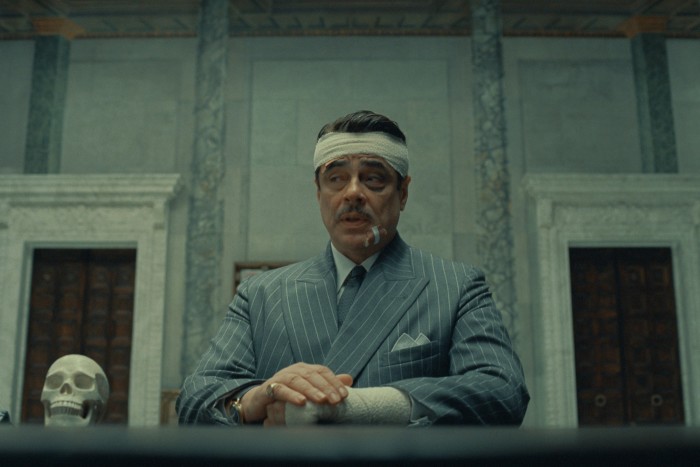
Hollywood is returning to strength after this disruption, according to Knobloch, whose confidence in the industry has been boosted by studios turning back to cinemas as audiences returned after the pandemic.
“If you see what’s happening at the box office now, Hollywood is back,” she said. “Hollywood has always reinvented itself. And I think we’re seeing this slowly happening.”
Knobloch will open the film festival on May 13. It has attracted blockbuster launches such as Tom Cruise’s latest Mission Impossible, alongside a slate of independent films that are up for its prestigious awards. Robert De Niro will receive the honorary Palme d’Or for lifetime achievement at the opening ceremony.
Cannes is “the best of cinema,” Knobloch told the FT. “Every single movie deserves to be there.”
The festival received entries for a record 2,909 feature films from 156 countries this year, with about a third made by women. For the main competition, 21 films have been selected. In 2024, Cannes titles earned 31 Oscar nominations.
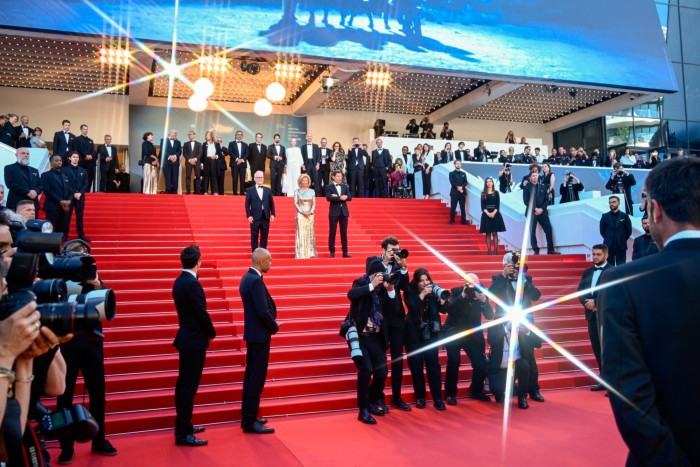
Selected movies this year include Rebecca Zlotowski’s Vie Privée starring Jodie Foster, Tarik Saleh’s Eagles Of The Republic, Wes Anderson’s The Phoenician Scheme, Richard Linklater’s Nouvelle Vague and Thierry Klifa’s The Richest Woman In The World.
Knobloch pointed to a new commitment to showing movies first in the cinema after a period when streaming was a higher priority. “What is reassuring is that there’s a return to the belief in theatrical,” she said.
This year’s festival opens as the French film industry deals with its own, belated attempts to address the sort of #MeToo scandals that have already hit Hollywood.
A report by French politicians last month said that sexual violence and harassment were “endemic” in the country’s entertainment industry. A Parisian court will this month deliver its verdict in the trial of French film star and Cannes veteran, Gérard Depardieu, who has been accused of sexual assault. He has denied the charges.
Knobloch, a former top executive at Warner who has recently had her tenure at the festival extended, is its first female president. She said that the festival had taken on recommendations from the politicians’ report but added there was “still a lot of work to be done”.
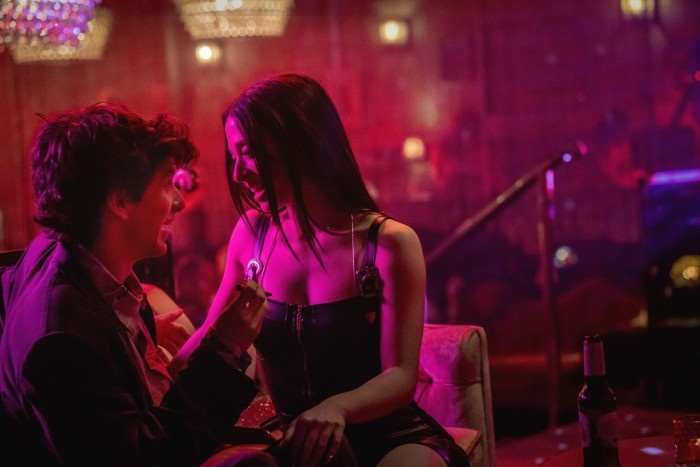
“That’s really one of my priorities,” she said, “where I feel I should and can promote female talent and visibility.”
Many of the films last year were about the “condition of women in society”, she said, pointing to Anora, Emilia Pérez and The Substance. This year, there was less of a clear thematic trend, she said, but the seven female directors in the main competition equalled the record number set last year.
“I personally, as the first female president, believe that this is an issue that is important, that the festival has to take seriously and that the festival will continue to take seriously. In France, it has happened later than in the US, but you have to go through these moments to create this awareness for the next generation.”
She said that there was no sign of a change in how cinema was tackling social and cultural themes, despite Donald Trump’s wide-ranging attacks on diversity, equity and inclusion initiatives
Knobloch highlighted the power of films to tell important messages, pointing to the success of The Zone of Interest, a film about the life of Auschwitz’s commandant, which premiered in 2023 at Cannes.
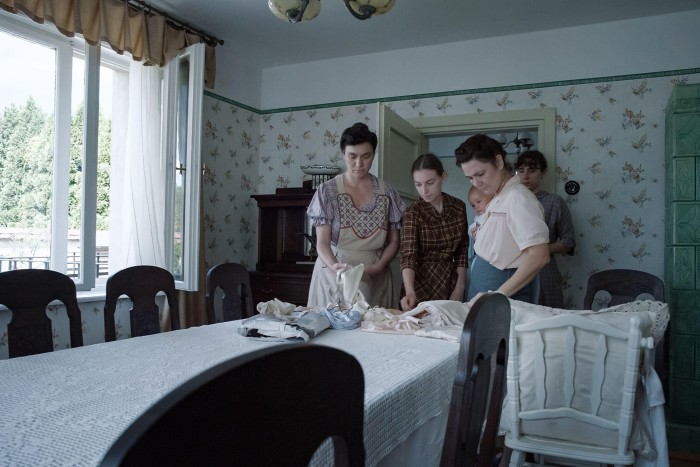
Knobloch’s mother, Charlotte Knobloch, is a Holocaust survivor and prominent Jewish community campaigner in Germany.
“Films have always been resistant to any kind of political or other pressures,” she said. “Films are hugely important in carrying messages. Filmmakers will always speak their own truth.”
During her time at Warner, Knobloch brought the award winning 2011 silent movie The Artist to the festival for its world premiere.
Some executives have warned that Cannes has lost some of its prestige in recent years and is at risk of being undermined by rival events in Venice and Toronto.
Knobloch, a former lawyer who has worked across the entertainment sector, has brought industry expertise as well as a deep book of contacts, according to former colleagues.
She said that the strength of film festivals such as Cannes lay in promoting movies that otherwise would stay niche, pointing to the global success of Anora. “You always should worry about your relevance. How can we keep the next generation engaged? You bring in the next generation.”

